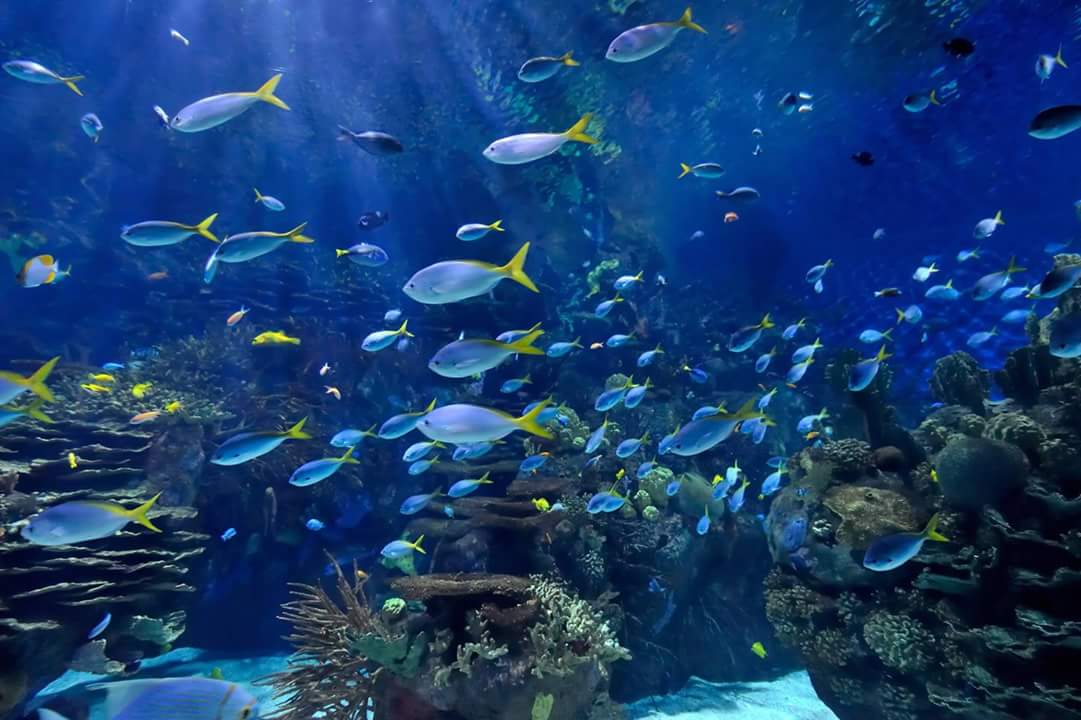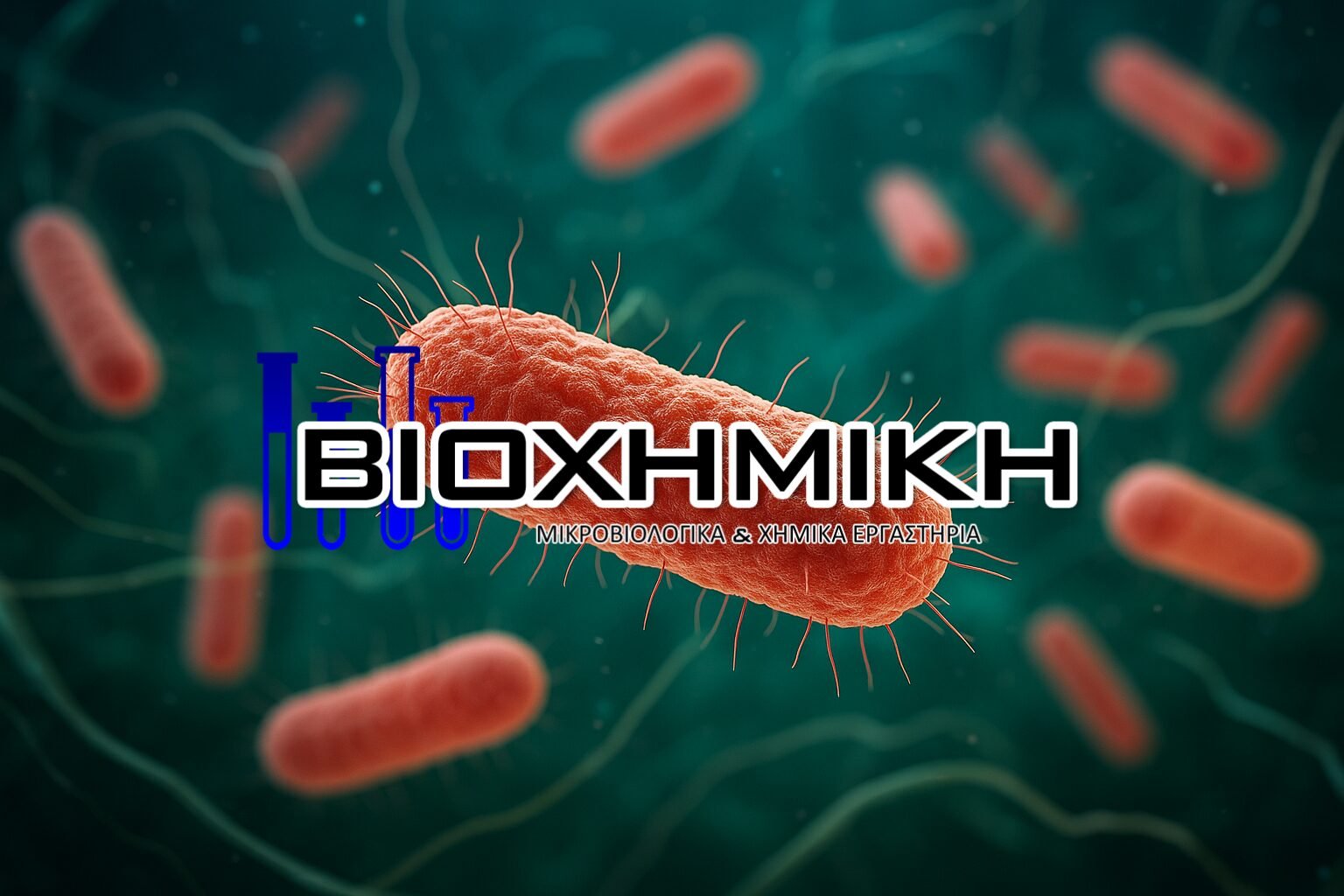Tips for a healthy aquarium!
For the growth and maintenance of organisms in a saltwater aquarium environment, the regulation and control of certain chemical parameters is essential. The following parameters are identified as some of the most important for life within the aquarium.
-Alkalinity: Alkalinity is an important parameter for several reasons. An alkalinity range of 142-215 ppm (or 8-12 dKH) ensures coral growth and fish skeletal formation, prevents pH fluctuations, and improves equipment performance. Weekly monitoring is sufficient, or as needed depending on the dosing regimen, to maintain a healthy aquarium. Simply put, the higher the alkalinity of the tank, the greater the ability of the aquarium environment to prevent rapid pH changes.
-Calcium: To keep the aquarium environment healthy, you need to ensure optimal calcium levels for the health of the fish and corals. An optimal calcium range is between 350-450 ppm and is vital for skeletal formation of the organisms. Calcium should be checked weekly and each time you add or remove organisms from your tank.
-Nitrite: Maintaining nitrite ions at a low level (<150 ppb) is essential to ensure the health of the fish and corals in the aquarium. It is important to test nitrite levels when an aquarium is first operated and when tanks are rotated to ensure that waste is being properly recycled.
-Phosphates: Must be kept at low levels. It is important that phosphate levels are measured weekly because if levels become too high (>0.05 ppm), coral growth can be prevented or excessive algae growth can be caused.
The above can be easily regulated and controlled with disposable chemical solutions and commercially available meters.
Lina D. Tsamili
Chemical Engineer, MSc
Chemical Analysis Manager
Department of Environmental Studies & Applications





